Editorial Board

Ann Arbor, MI


Ottawa, Ontario

Ottawa, Ontario

Halifax, NS


New York, NY


Salt Lake City, UT


Princeton, NJ

Caitlin Blanchfield is a historian of architecture and landscape. She is a postdoctoral fellow in architecture, urbanism, and the humanities at Princeton University. Her work examines the infrastructures of settler colonialism and material practices of resistance, addressing the role of modernist land management and design practices in projects of dispossession and colonization in North America and across the reaches of U.S. empire, as well as the anticolonial architectures that unsettle them. Blanchfield was a founding editor of the Avery Review, her coauthored book Modern Management Methods: Architecture, Historical Value, and the Electromagnetic Image was published by Columbia University Press in 2019. Her work has been supported by the New York State Council for the Arts, Dumbarton Oaks, The Graham Foundation, and the Temple Hoyne Buell Center for the Study of American Architecture. She holds a PhD in architectural history and theory from Columbia University.
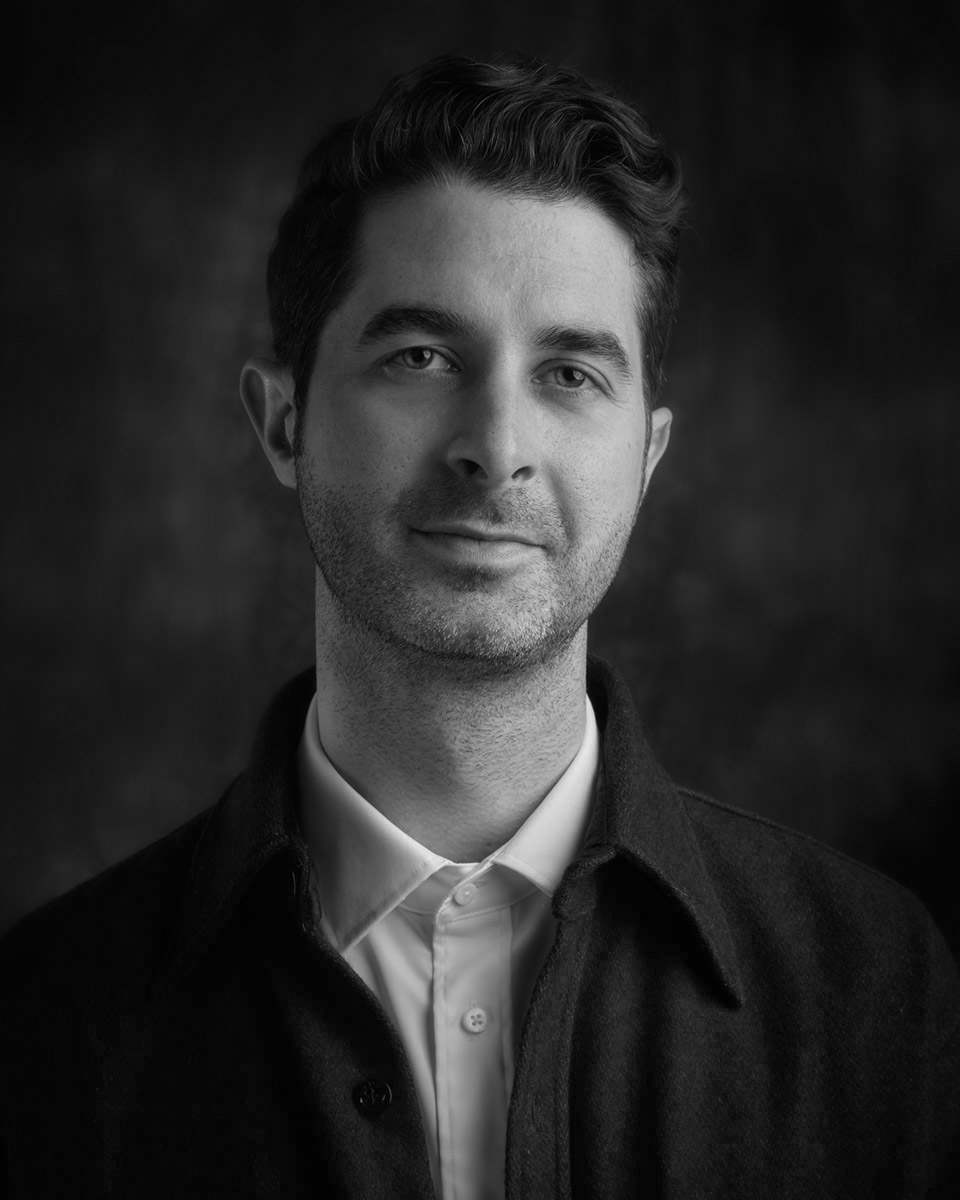
Pomona, CA

Aaron Cayer is an Assistant Professor of Architecture at the California State Polytechnic University, Pomona. His work focuses on the history and theory of architecture firms, labor, and urban political economies. His writing has been published in edited volumes and journals including the Journal of Architectural Education, Journal of Urban History, Architectural Histories, Ardeth, Thresholds, and ARQ, among others. He is the recipient of international research awards, prizes, and fellowships, including most recently the 2024 Rome Prize by the American Academy in Rome. His first book, Incorporating Architects: How American Architecture Became a Practice of Empire (UC Press, 2025), explores the rise of corporate architecture firms in the US and their impact on politics and the profession. He holds a PhD in Architecture History from UCLA and graduate and undergraduate degrees in architecture from Norwich University.

Charlottesville, VA

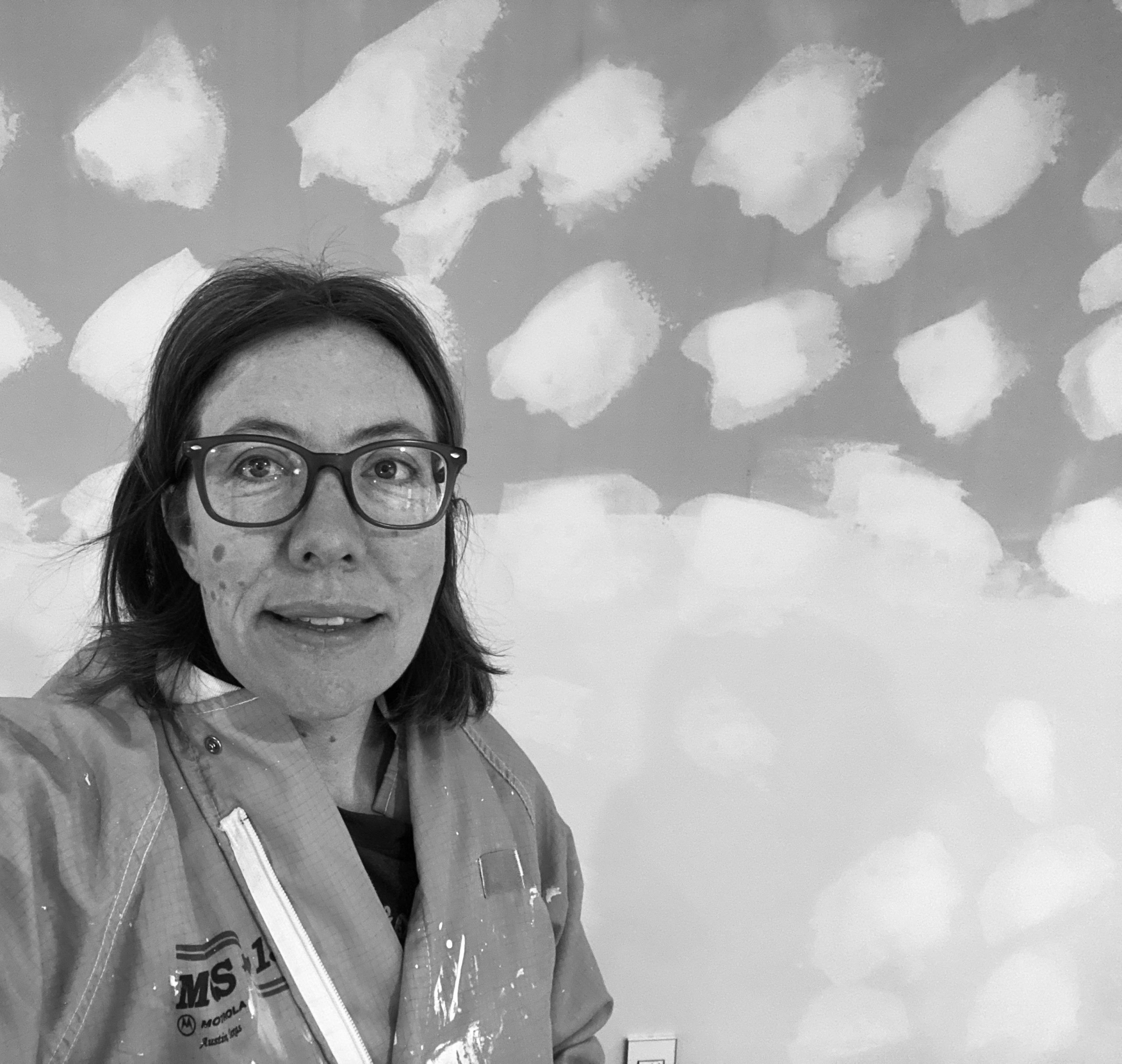
Amherst, MA


Philadelphia, PA

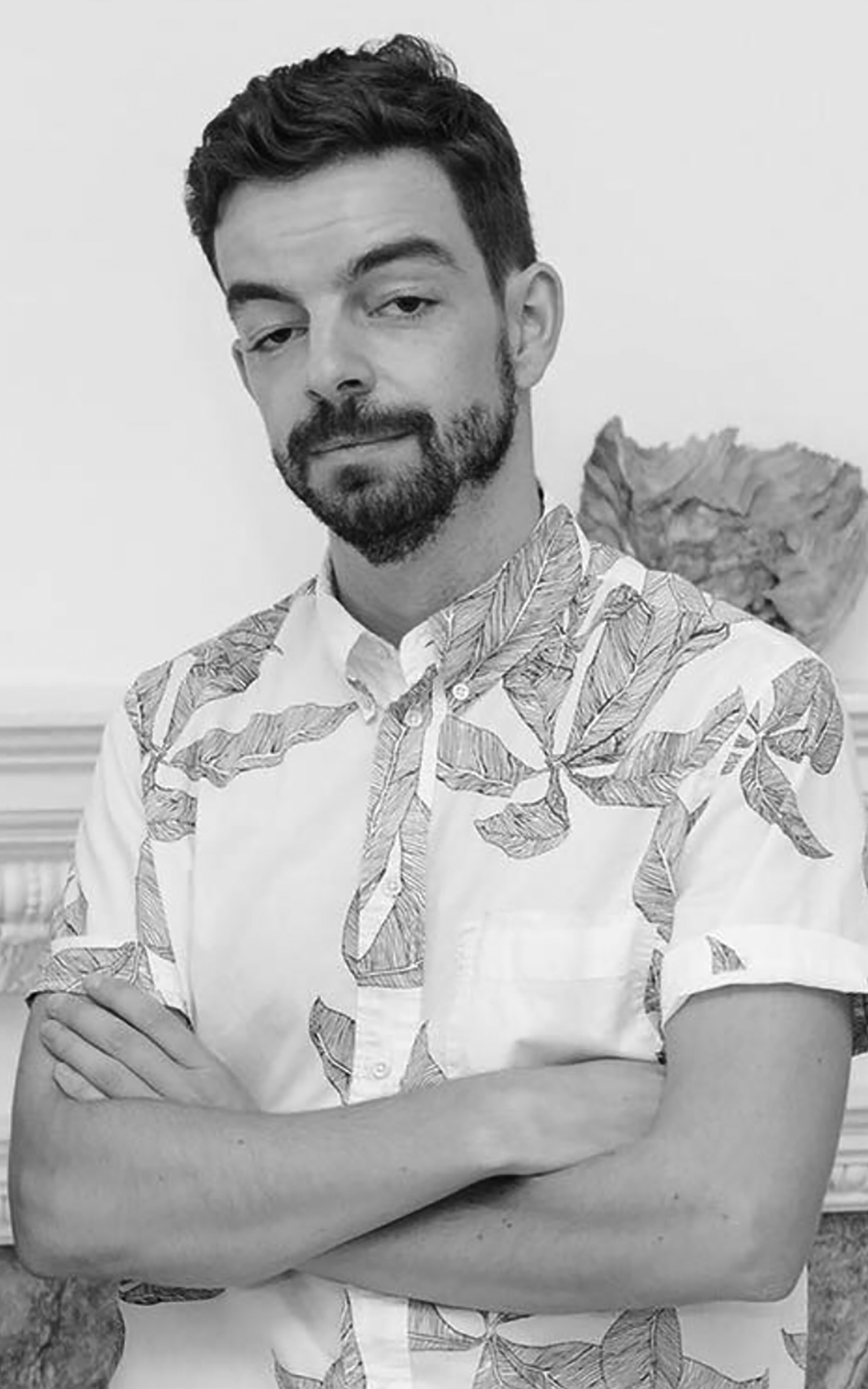
New York, NY

Ignacio G. Galán is an assistant professor at Barnard College. His work explores how architecture participates in the articulation of societies, attending to questions of residence, belonging, and kinship. This interest manifests in design projects as well as scholarly and curatorial endeavors concerning nationalism, colonialism, migration, and disability. He is the the author of Furnishing Fascism (2025) and has published in JSAH, JDH, JAE, JoA, and Modernism/modernity among others. He is a co-editor of Radical Pedagogies (2022) and After Belonging (2016) and was the co-curator of the Oslo Architecture Triennale (2016). He has presented his work at the Center for Architecture (2022), the Venice Biennale (2014, 2021), and the Lisbon Triennale (2013). His work as a designer is in the permanent collection of the Pompidou Center and has been awarded in several competitions. He has been a Fulbright scholar, a fellow at the Spanish Academy in Rome, MacDowell, and the CCA, a Graham grantee, and has received the ACSA Faculty Design Award and the Tow Award for Innovative and Outstanding Pedagogy.

Ames, IA


Cambridge, MA


Vancouver, BC

Tania Gutiérrez-Monroy is an assistant professor at the School of Architecture and Landscape Architecture in the University of British Columbia. She studies architecture as a material and signifying practice that spatializes colonial and patriarchal forces as well as resistance mechanisms. Thematically, her research spans: historical examples of ephemeral and practised architectures, race and gender in spaces of conflict, and landscapes of Indigenous resistance. Prior to joining UBC, Tania was assistant professor of architecture at the University of Wisconsin-Milwaukee, after having been the 2021-2022 Emerging Scholar Fellow at the G. Hines College of Architecture and Design, in the University of Houston. She has also taught architectural history, theory, design, and research methods at the University of Houston, Louisiana State University, and Université Laval. She holds a Ph.D. and an M.Sc. from McGill University and was trained as an architect at the Universidad Nacional Autónoma de México.

College Station, TX


El Paso, TX

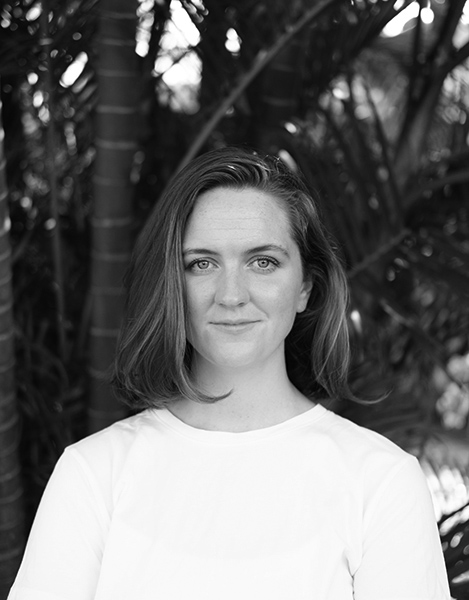
Boulder, CO

Zannah Mae Matson’s research and design work focuses on the histories and contemporary reinterpretations of landscapes throughout processes of colonization, violence, and state infrastructure projects. Her current research traces the afterlives of coloniality through highway construction in Colombia’s eastern piedmont landscapes to think about transportation infrastructure, extractive economies, and visual representation in Latin American landscapes more generally.
Zannah is an Assistant Professor of Landscape Architecture at the University of Colorado Boulder, School of Environmental Design and an active member of the Beyond Extraction Collective, a scholar-activist-led collective that mobilizes counter-extractive knowledges.
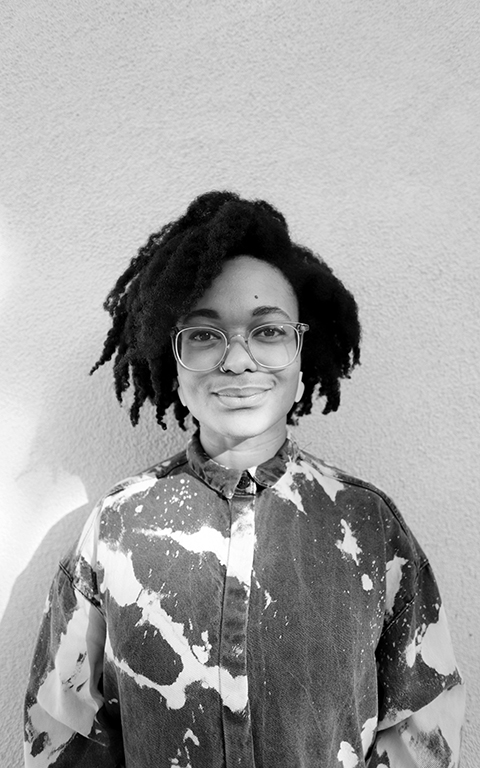
Knoxville, TN

Farre “Faye” Nixon is an Assistant Professor of Landscape Architecture at the University of Tennessee, Knoxville and founder of idyll minds, a collaborative, creative practice. Her research – an inquisition into ubiquitous and emerging technologies as they augment, undermine, or override the natural world – confronts the use of technology as a corrective to uncertainty in nature.
Faye holds a Bachelor of Science in Urban Studies and Planning from MIT and dual master’s degrees in architecture and landscape architecture from the University of Pennsylvania’s Weitzman School of Design. She is a 2024-25 fellow of the Dean’s Equity and Inclusion Initiative and has previous professional experience with practices in New York, Philadelphia, Oslo, and Los Angeles.

Boulder, CO

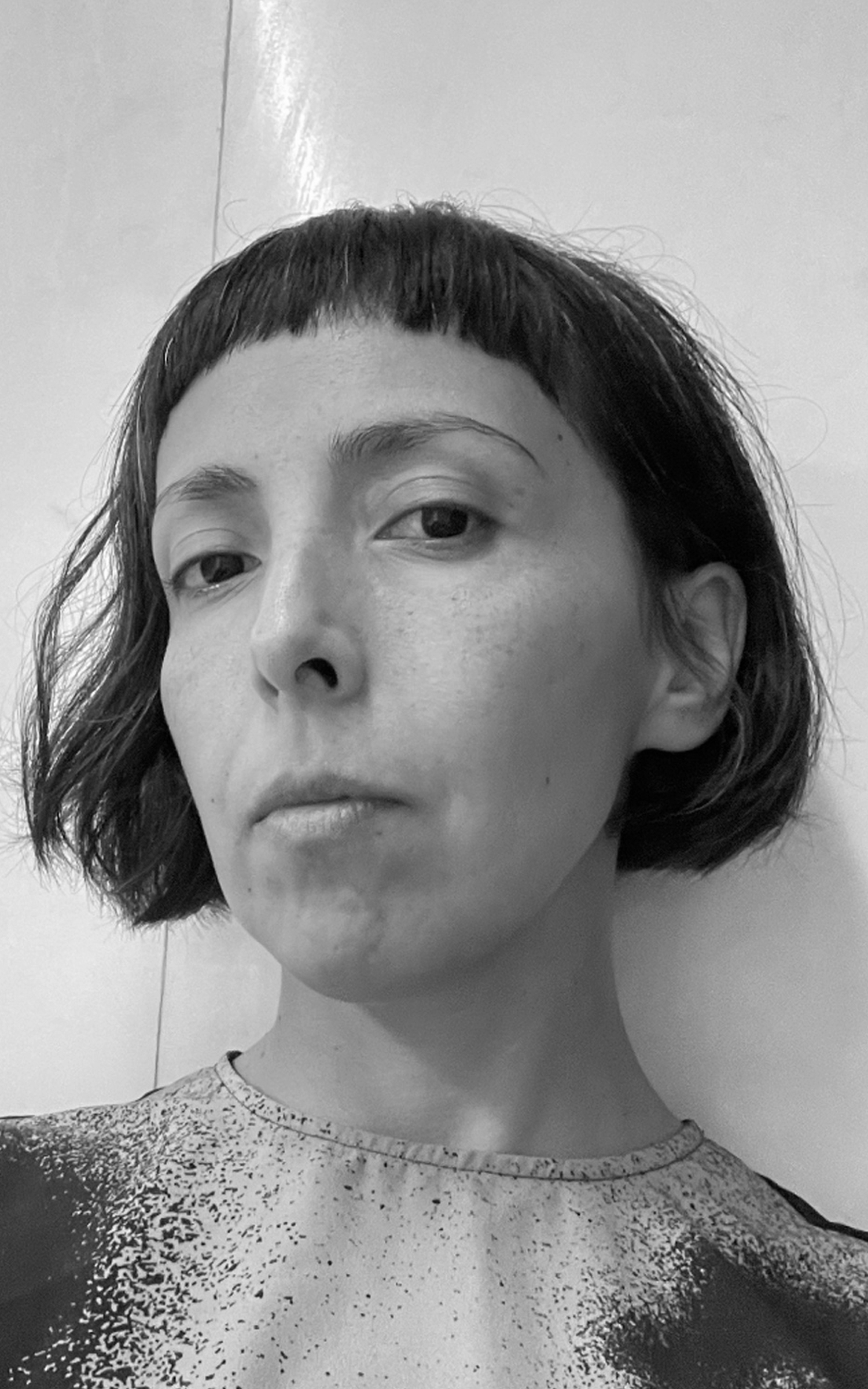
Red Hook, NY


Baltimore, MD







